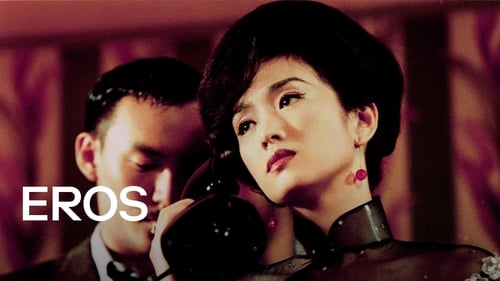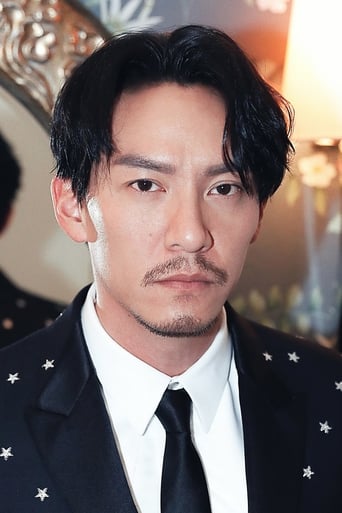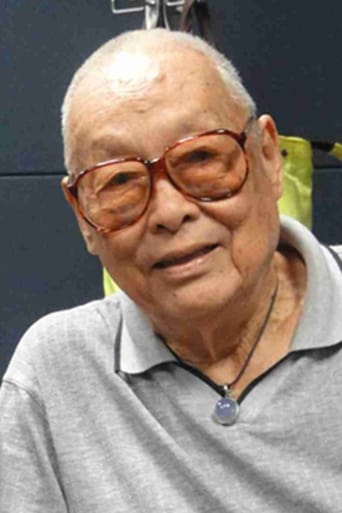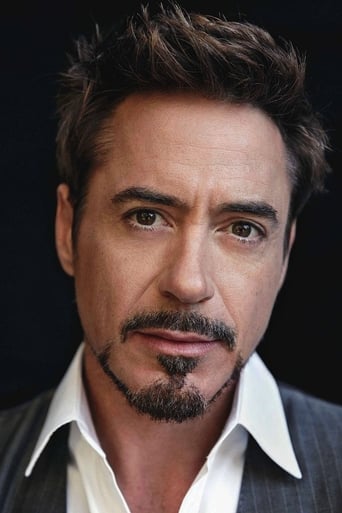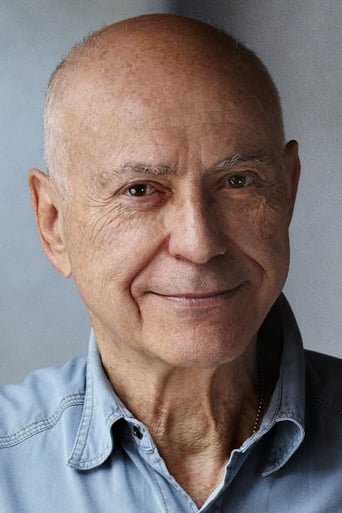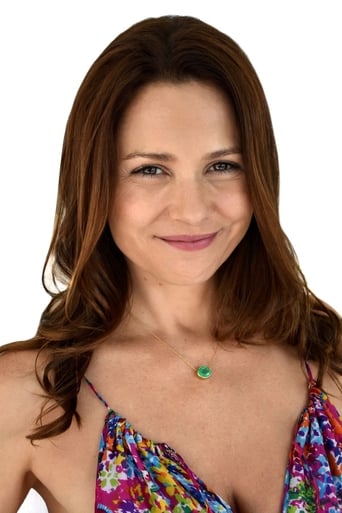Jithin K Mohan
The first short The Hand by Wong Kar Wai is in his classic style portrayal of melancholic love and eroticism, easily the best of the three. Soderberg's Equilibrium is an engaging black comedy that ends up to be almost surreal. But the last short by Antonioni is the one that makes the worst part of the film. I've never seen his films before but this was just lazy softcore porn and bad even at that.
Pierre Radulescu
'Eros' brings together three very different filmmakers, who are telling us, each in his own way, stories about love/lust/desire/dreams.The first segment (The Hand) is made by Wong Kar -Wai, with Christopher Doyle as cinematographer. It's a pure gem, gorgeous and intoxicating. Two very good actors: Gong Li and Chen Chang (the bandit from 'Crouching Tiger, Hidden Dragon'). It's the Weltanschaung of Wong Kar-Wai, where eros is actually a mean to meditate about time: time that heals everything while not solving anything; time that's as illusory as happiness is; time that breaks any hope in the end, while showing you that it doesn't matter.I found the segment on youTube; unfortunately it has no subtitles, so if you aren't familiar with Chinese you are kind of lost. I will try to summarize the plot: a tailor sends an apprentice to one of his rich customers, who is a high-class courtesane in her prime; she has the sadistic impulse to humiliate sexually the boy. This creates a strange dependence of unrequited lust, that grows through the years, while the courtesane is gradually loosing her status. The rich patrons leave her, the means to keep her style are vanishing and she eventually becomes a prostitute of the lowest kind. The apprentice remains attached to her down to the end and puts all his erotic desire in creating a dress that substitutes for him the woman.Let's pass now to the second segment (Equilibrium), created by Steven Soderbergh. It's a different kind of an animal: a voyeuristic puzzle based on circular references. A guy (wonderfully played by Robert Downey Jr.) comes to the shrink to complain about an obsessive recurrence: a splendid woman appears naked in his dreams, bathing and dressing in front of him. The shrink puts the patient on the coach and makes him tell all details, while trying to live the dream by himself ! Eventually the patient falls asleep on the coach and the shrink leaves the room. The patient wakes up in front of the woman of his dreams: she's actually his wife and the dream was the visit to the doctor! Or the other way around :) As for the third segment (Il filo pericoloso delle cose - The Dangerous Thread of Things), made by Michelangelo Antonioni, it was considered by many reviewers as the weakest part of the movie. Actually the segment of Antonioni is exquisite: an erotic fantasy subtly suggesting the sagesse of women in these matters. And you cannot compare the three segments in any way; each one follows a totally different approach.
Edgar Soberon Torchia
After reading a few negative reviews, I recently watched "Eros" and was pleased with the whole film. The three stories are the views that Michelangelo Antonioni, Steven Soderbergh and Wong Kar-Wai have of eroticism, and in two of them the segments are what one would expect of their creators, confirming the auteurist film theory. Antonioni's "Il filo pericoloso delle cose" --inspired by texts from his book, "Quel bowling nel Tevere"-- is vintage Antonioni. Of the three filmmakers, he is the only one who choose a contemporary story, probably to prove (at least to himself) that after 40 years of making his tetralogy of alienation, men and women are still literally wandering and talking but not communicating, again women find solidarity among themselves, and technology is as usual an obtrusive part in the landscape of human relationships. The erotic element in this story is the rawest and most elemental of the three segments, triggered by a sex-hungry male who is depressing to his wife, and a toy to an occasional sexual partner; while the style is perhaps the purest, or at least the one told with the greatest economy of resources: few shots, sparse dialogue, natural sets, and a very simple storyline. In contrast, Soderbergh's "Equilibrium" has as many camera set-ups as possible, different levels of narration, alternate monochromatic and color sections, two stars, and an oblique-oniric-videoclipistic approach to eroticism, that mostly relies on Psychology 101 criteria, a strategy that, I guess, is intended to be funny. I did not find it very funny, although watching Alan Arkin made me smile, as he made me remember his maniac performances in "The Russians Are Coming, The Russians Are Coming", "Catch-22" and "Last of the Red Hot Lovers". I wondered what the short was doing in this compilation film, but since that is how Soderbergh views eroticism, that I respect. The final section , Wong's "The Hand", based on the tale "The Twilight of the Bottom Dancer" (according to the director in an interview), illustrates the generalized (or maybe "cliched" would be a more appropriate adjective) notions of what the artistic approach to eroticism should be (for example, the tailor introducing his hand in a dress), but Wong and cinematographer Christopher Doyle are remarkable image-makers, and Gong Li and Chang Chen give very good performances, that I guess that for a modern moviegoer this must be the best segment. It is very good indeed, with soft transitions, measured rhythm, and good dramatic structure, covering a long lapse in a few minutes, but I see it as the fine conclusion of what Antonioni started and Soderbergh continued. A good film, perhaps better to be seen alone, with no interferences.
Alessandro Orlandini
Watching this movie was a strange experience. Going on the viewer was improving his vision. Antonioni puts on the screen too much difficulties and considering his episode as something good is not so easy. Too much rhetoric, but the content? It's not possible (even if Antonioni can, or better, he was able to) to build a story based only on landscapes and naked figures..Pretentious (and actors' voices are awful as the dubbing). Sodebergh makes his job (a little bit "squeaky clean"). The idea of "the character watched by someone invisible" is good but it tastes like a dejà vu. Also the photography is cool. But Sodebergh seems too often "cool" and nothing else. The real sensation is Wong Kar Wai, whose episode "the hand" seems a continuation of some "moods" seen in "2046". The way Gong Li and the tailor know themselves for the first time is something sublime.

